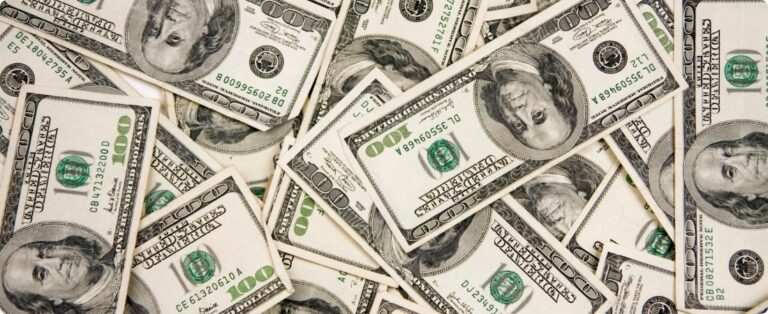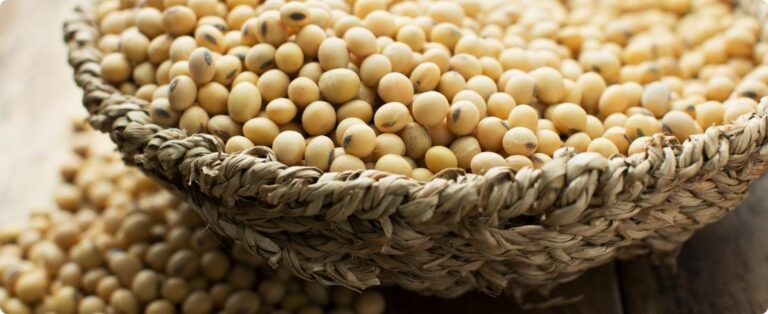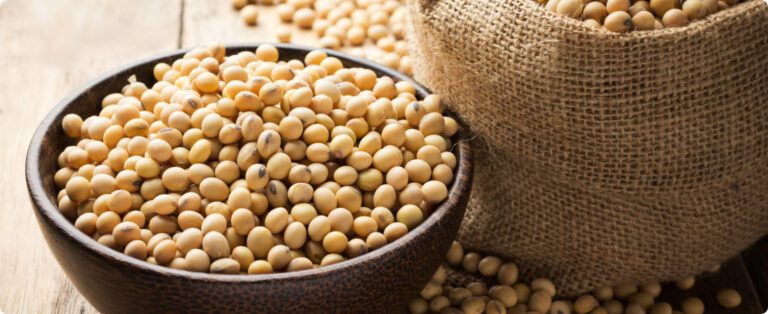
Argentina is likely to post its biggest trade surplus in history in 2024, a Reuters poll of analysts released on Friday said, boosted by the libertarian president's bid to Javier Milei to increase grain and energy exports. This was his first full year in office, and the measures taken showed significant results.
Milei, who took office in December 2023, had already promised to transform Argentina into a net energy exporter. To this end, he has invested in the vast shale reserves located in the Vaca Muerta region of Patagonia. In addition, grain exports have also increased. This is partly due to the easing of exchange rate controls and improved weather conditions.
Argentina is the world's largest exporter of processed soybean oil and meal, the third-largest of corn and a major producer of wheat and beef. It has large reserves of lithium needed for electric batteries, as well as shale gas and oil.
Analysts polled by Reuters predict Argentina's trade surplus by the end of 2024 will be between $18 billion and $19 billion. That figure surpasses the previous record of $16.89 billion set in 2009.
Monthly data for December will be released by the national statistics agency next Monday. According to the median of the Reuters poll, the expected surplus for the month is US$1.4T 921 million.
From January to November, Argentina posted a trade surplus of US$17.20 billion, official data show, reversing a trade deficit of US$17.94 billion in the first 11 months of 2023.
Trade surplus expected to narrow by 2025
Milei's initiative to revive the Argentine economy through austerity measures also reduced inflation, which closed the year at 117.8%, after a peak of almost 300% in April.
Analysts say Argentina's trade surplus is set to narrow. BP to cut more than 5% from its global workforce.
“Going forward, we will probably see a scenario in which imports will grow considerably,” said Federico Gonzalez, an economist at Empiria Consultores.
Imports have already started to increase because the Argentine peso has strengthened against other regional currencies, such as the Brazilian real, and because the Milei government has suspended some taxes on certain products.
The government this week announced plans to lift anti-dumping restrictions on imports to reduce prices of products such as home appliances.
“By 2025, we could see the trade balance reach just 40% of the 2024 surplus,” said Milagros Suardi, an economist at consultancy firm Eco Go. “This would come with a recovery in imports as well as an economic recovery and an improved exchange rate.”
Source: Hernan Nessi, Kylie Madry and Timothy Heritage | Notícias Agrícolas















